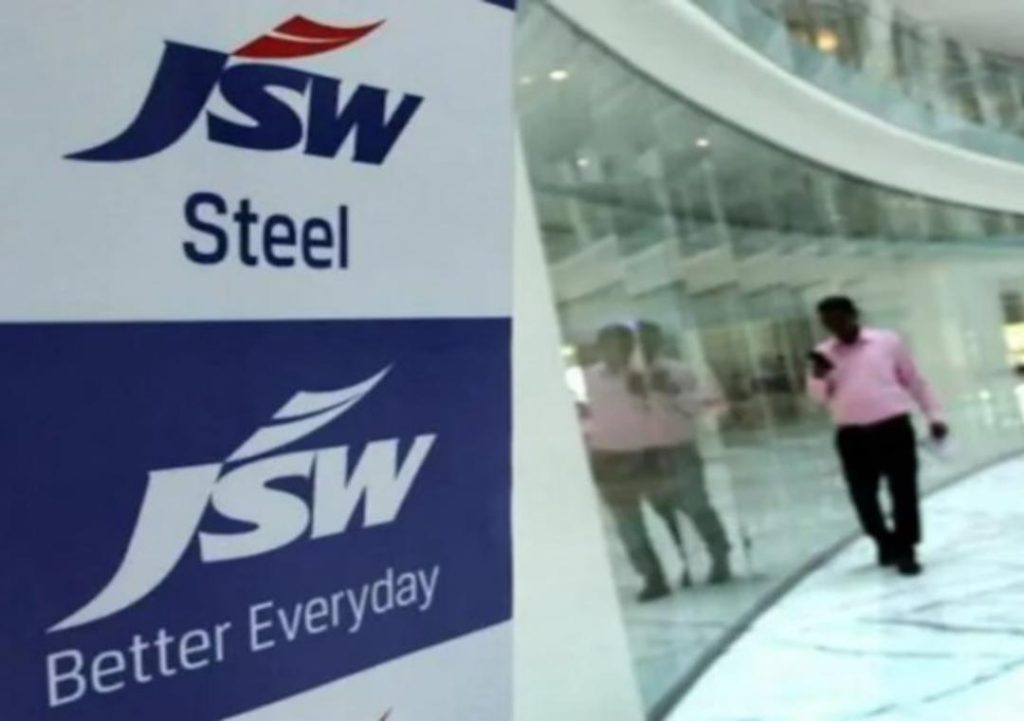
Govt Finds Errors in SC’s Order on JSW-Bhushan Steel Deal: Report
The Centre has allegedly discovered “errors” in the Supreme Court’s (SC) May 2 order, which rejected JSW Steel’s plan to acquire Bhushan Power & Steel, according to a recent report by Moneycontrol. The Committee of Creditors (CoC) is likely to file a review petition against the apex court’s order within the next two weeks.
The SC’s order had stated that JSW’s acquisition plans through a debt resolution process did not comply with India’s bankruptcy laws. However, the Centre has now reportedly found errors in the SC’s order, which may potentially lead to a stay on the ruling.
For those unfamiliar, the JSW-Bhushan Steel deal has been a contentious issue for quite some time. The CoC had initially approved JSW Steel’s plan to acquire Bhushan Power & Steel, which was facing financial difficulties. However, the SC intervened and rejected the deal, citing that it did not comply with the Insolvency and Bankruptcy Code (IBC).
The SC’s order was seen as a major blow to JSW Steel, which had invested significant resources into the deal. The company had also promised to inject fresh capital into Bhushan Power & Steel and revamp its operations.
However, the Centre’s discovery of errors in the SC’s order has raised hopes for a possible reprieve for JSW Steel. The government has been keen to promote the IBC and the debt resolution process, which was introduced in 2016 to help struggling companies recover from financial distress.
The Centre’s decision to seek a review of the SC’s order is seen as a significant development, given the importance of the IBC in India’s economy. The code has been instrumental in resolving several high-profile cases, including that of the troubled businessman, Nirav Modi.
However, the Centre’s move has also raised concerns about the potential implications on the debt resolution process. Critics have argued that the government’s intervention may undermine the independence of the judiciary and create uncertainty for investors.
The opposition parties have also been quick to criticize the Centre’s decision, with the Congress party accusing the government of trying to “bend the law” to favor its friends. The party has also called for a thorough investigation into the matter to determine the facts and ensure that the law is upheld.
On the other hand, some experts have argued that the Centre’s decision to seek a review of the SC’s order may be seen as a pragmatic move to prevent a potential crisis in the debt resolution process. They argue that the SC’s order could have far-reaching implications for the IBC, which is still a relatively new law.
The Committee of Creditors, which includes representatives from various banks and financial institutions, has been working closely with the government to resolve the matter. The CoC has been pushing for a quick resolution to the deal, citing the need to protect the interests of all stakeholders, including the banks and the employees of Bhushan Power & Steel.
The development comes at a time when the government is under pressure to revive the economy, which has been hit by a slowdown in recent months. The Centre has been implementing various measures to stimulate growth, including a series of tax cuts and infrastructure investments.
In conclusion, the Centre’s decision to seek a review of the SC’s order on the JSW-Bhushan Steel deal has significant implications for the debt resolution process in India. While the move may be seen as a pragmatic attempt to prevent a crisis, it also raises concerns about the potential undermining of the independence of the judiciary.
Only time will tell how the matter unfolds, but one thing is certain – the Centre’s decision has set the stage for a high-stakes battle between the government, the judiciary, and the stakeholders involved in the debt resolution process.






